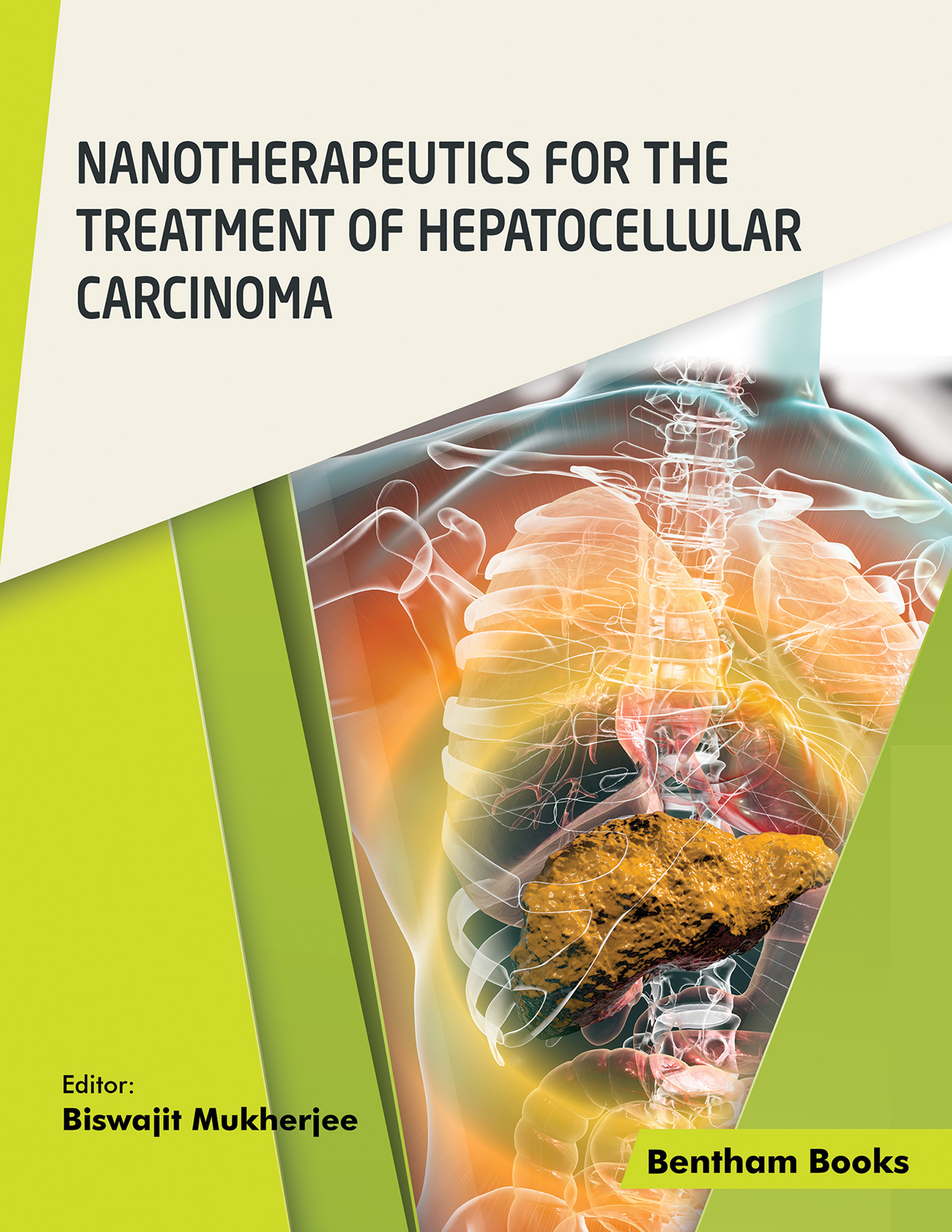Nanoformulations and Their Therapeutic Advantages

- Authors: D. Nedra Karunaratne1, Thusini D. Wijerathne2, Nuwanthi P. Katuwavila3, Geethi K. Pamunuwa4
-
View Affiliations Hide Affiliations1 Department of Chemistry, University of Peradeniya, Peradeniya, Sri Lanka 2 Department of Chemistry, University of Peradeniya, Peradeniya, Sri Lanka 3 Faculty of Engineering and Science, National School of Business Management, Mahenwatte,Pitipana, Homagama, Sri Lanka 4 Department of Horticulture and Landscape Gardening, Faculty of Agriculture and PlantationManagement, Wayamba University of Sri Lanka, Makandura, Gonawila, Sri Lanka
- Source: Nanotherapeutics for the Treatment of Hepatocellular Carcinoma , pp 123-165
- Publication Date: March 2022
- Language: English
Cancer therapy involves nanomedicine, which can provide a plethora of advantages unattainable via conventional medicine as the materials of nano-level exhibit unique physicochemical and biological properties. Both cancer therapy and cancer therapy research utilize nanoformulations based on liposomes, polymeric nanoparticles, solid lipid nanoparticles, metal nanoparticles, dendrimers, and nanoemulsions for facilitating high specificity negating off-target toxicity, prolongedrelease maintaining drug concentration and reducing dosing frequency, increased solubilization and absorption, and penetration of impermeable barriers. The entrée to this chapter is thus made with a brief description of nanomedicine, which is followed by a description of the designing of nanoformulations for therapeutics. Explanations on the types and advantages of nanoformulations are also given. The second section of the chapter describes nanoformulations as therapeutics for cancer, explaining the different targeting strategies and novel approaches involving nanoparticles. Like numerous other cancers, nanoformulations are researched extensively in therapy for hepatocellular carcinoma, the second leading cause of cancer-related deaths. The final section of the chapter deals with the therapeutic advantages of nanoformulations in hepatocellular carcinoma. The prominent nanomaterials investigated in hepatocellular carcinoma therapy include nanoparticles of biopolymers, nanoparticles of artificial biodegradable polymers, metallic nanoparticles, carbon nanotubes, and mesoporous nanoparticles. Targeting of drug-loaded nanoparticles is achieved in therapy for hepatocellular carcinoma via passive targeting and/or active targeting. A key milestone in hepatocellular carcinoma therapy is the approval of the drug Zinostatin stimalamer, an emulsion-based formulation, by the Japanese Ministry of Labour, Health, and Welfare.
-
From This Site
/content/books/9789815039740.chap3dcterms_subject,pub_keyword-contentType:Journal -contentType:Figure -contentType:Table -contentType:SupplementaryData105

